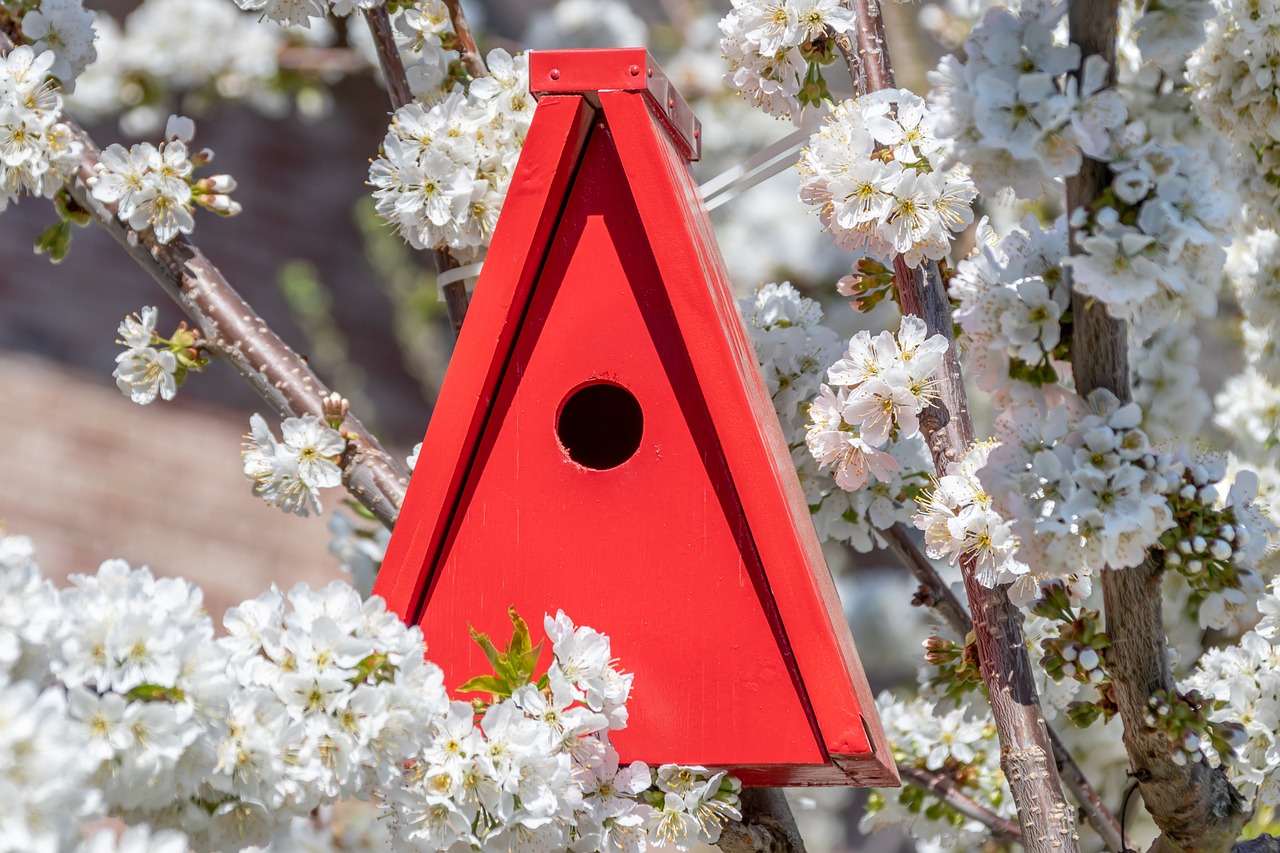Sustainable Options for Plastic Waste Disposal: Laser247. com cricket, Lotus365 vip login, Sky247
laser247. com cricket, lotus365 vip login, sky247: Plastic waste is a significant environmental issue that continues to plague our planet. Millions of tons of plastic waste end up in landfills, oceans, and other natural habitats each year, causing harm to wildlife and ecosystems. Finding sustainable options for plastic waste disposal is crucial to reducing the impact of plastic pollution on the environment.
In recent years, there has been a growing focus on finding innovative solutions for managing plastic waste in a more sustainable way. From recycling to biodegradable plastics, there are several options available that can help reduce the amount of plastic waste that ends up in our environment. In this article, we will explore some of these sustainable options for plastic waste disposal and their potential impact on the environment.
Reduce, Reuse, Recycle
The most well-known mantra for managing plastic waste is the concept of reduce, reuse, recycle. By reducing the amount of single-use plastics we use, reusing products whenever possible, and recycling plastics that we do use, we can significantly reduce the amount of plastic waste that ends up in landfills and oceans. Recycling is a critical component of sustainable plastic waste disposal, as it helps to reduce the demand for new plastic production and conserves valuable resources.
Biodegradable Plastics
Biodegradable plastics are another sustainable option for managing plastic waste. These plastics are designed to break down more quickly in the environment than traditional plastics, reducing their impact on wildlife and ecosystems. However, biodegradable plastics are not a perfect solution, as they require specific conditions to break down properly and may still leave behind harmful microplastics.
Composting
Composting is another sustainable option for managing organic waste, including food scraps and biodegradable plastics. By composting these materials, we can reduce the amount of waste that ends up in landfills and create nutrient-rich soil for gardening and agriculture. Composting is a simple and effective way to reduce our impact on the environment and create a more sustainable future.
Plastic-to-Fuel Technologies
Plastic-to-fuel technologies are innovative solutions that can help convert plastic waste into useful resources, such as fuel or energy. These technologies can help reduce the amount of plastic waste that ends up in landfills and provide an alternative source of energy that is more sustainable than fossil fuels. While plastic-to-fuel technologies show promise, they also raise concerns about air pollution and greenhouse gas emissions.
Extended Producer Responsibility (EPR)
Extended Producer Responsibility (EPR) is a policy approach that holds manufacturers responsible for the disposal of their products, including plastic packaging. By implementing EPR policies, governments can incentivize manufacturers to design products that are easier to recycle and reduce the amount of plastic waste that ends up in the environment. EPR is a key strategy for promoting sustainable plastic waste disposal and shifting the burden of waste management from consumers to producers.
Ocean Cleanup
Ocean cleanup projects are another important initiative for managing plastic waste in our oceans. These projects aim to remove plastic debris from the ocean and prevent it from harming marine life. By cleaning up plastic waste in our oceans, we can protect fragile marine ecosystems and reduce the impact of plastic pollution on wildlife. Ocean cleanup initiatives rely on a combination of technology, volunteer efforts, and public awareness to make a difference.
Conclusion
Sustainable options for plastic waste disposal are critical to reducing the impact of plastic pollution on our environment. From recycling to biodegradable plastics, there are several innovative solutions available that can help us manage plastic waste more effectively. By implementing these sustainable options and working together to reduce our reliance on single-use plastics, we can create a cleaner and healthier planet for future generations.
FAQs
Q: What can I do to reduce plastic waste in my daily life?
A: You can reduce plastic waste by using reusable bags, water bottles, and containers, avoiding single-use plastics, and recycling whenever possible.
Q: Are biodegradable plastics better for the environment than traditional plastics?
A: Biodegradable plastics have the potential to break down more quickly in the environment than traditional plastics, but they may still leave behind harmful microplastics.
Q: How can I get involved in ocean cleanup projects?
A: You can volunteer with organizations that specialize in ocean cleanup or participate in beach cleanups in your community to help remove plastic waste from the environment.







